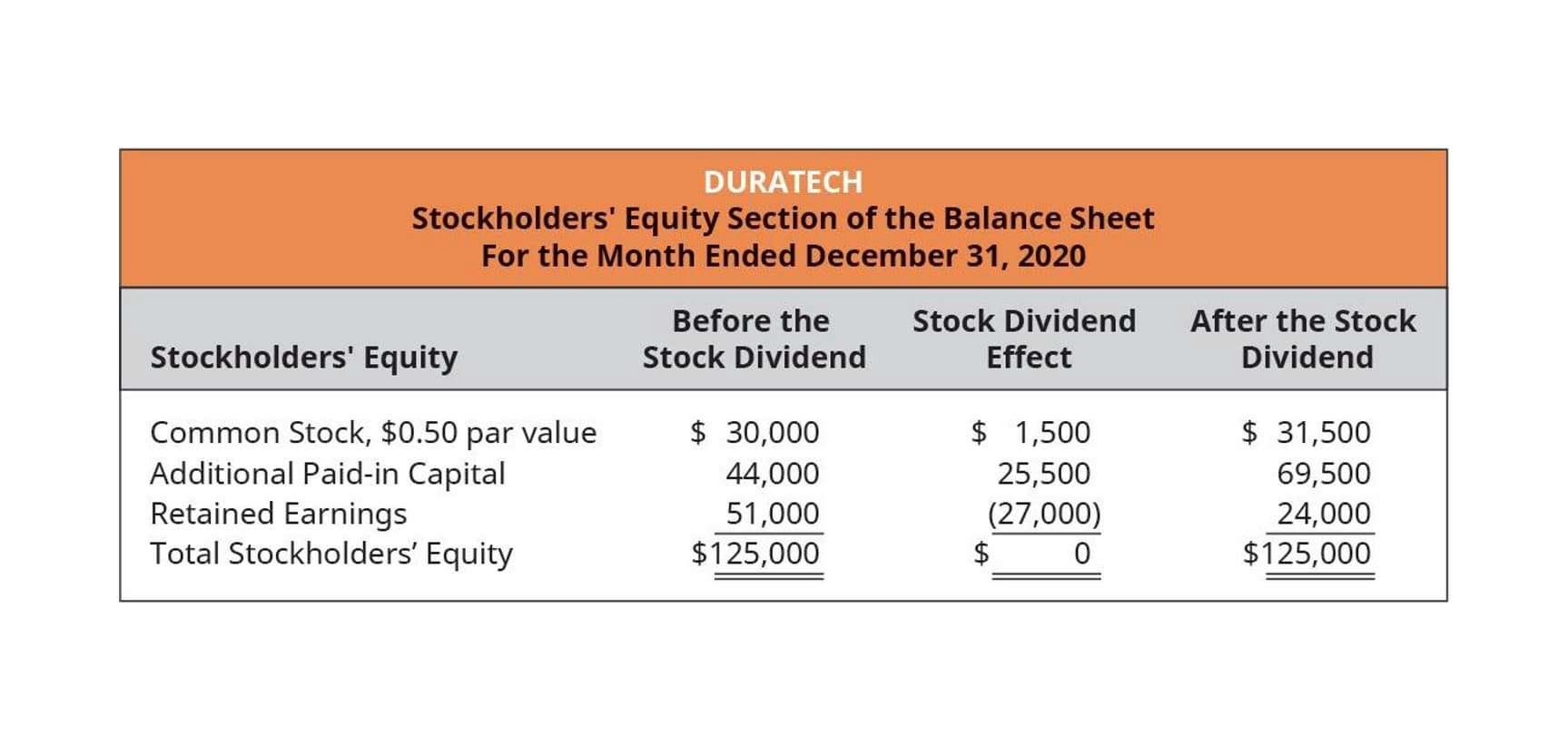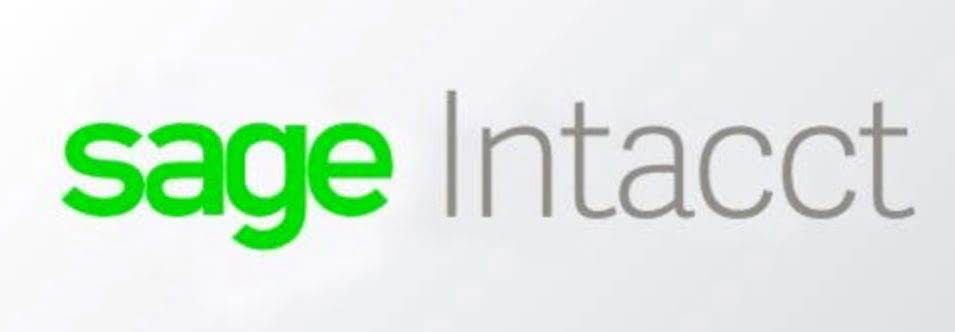
Modern CPAs are trusted advisors often sought for their financial reporting, taxation, and business strategy expertise. During the Industrial Revolution, accounting underwent significant developments due to the growth of large corporations and the need for accurate financial reporting. This period saw the emergence of cost accounting, which helped companies determine the cost of producing goods and services. Additionally, the growth of joint-stock companies led to the development of auditing practices to provide investors with reliable financial information. Luca Pacioli, an Italian mathematician, made significant contributions to the development of modern accounting.

The Accountant Who Changed The World
His book “Summa” also helped disseminate knowledge of mathematics throughout Europe in his time. Luca Pacioli was a Franciscan friar who had a significant impact on the fields of business and economics, particularly in the development and dissemination of accounting and bookkeeping principles. His 1494 publication, Summa de Arithmetica, Geometrica, Proportioni et Proportionalita (Summa), contained a section on double-entry accounting that became the foundation of modern finance and cost accounting. Double entry system has, therefore, become the standard and, in many cases, a basic requirement for maintaining accounting records of medium and large sized business enterprizes. Most of the today’s manual and computerized accounting systems are based on it. The double entry system is complex enough to require Bookstime skilled and qualified employees to handle the whole process of maintaining accounting records.
- Though the book wasn’t made solely of Pacioli’s original theories, his summarization of the double-entry accounting system is to thank for 500+ years of bookkeeping that would follow his time.
- While he was not the inventor of accounting, Pacioli was the first to describe the system of debits and credits in journals and ledgers that is still the basis of today’s accounting systems.
- Predictive analytics uses AI to analyze data and provide insights into financial trends and patterns, allowing businesses to make better-informed decisions.
- The demand for CPAs skyrocketed as the U.S. government found itself in need of money to fight a war and began charging income tax in 1913.
- Among its purposes, the Code of Hammurabi standardized weights and measures, and provided guidance on commercial transactions and payments.
When did Luca Pacioli live, and how did his work impact his contemporaries?
The railroads also allowed information to be passed from city to city at great speed. Each township previously decided when the day began and ended by general consensus. This was changed to a uniform system in 1883 because it was necessary to have goods delivered and unloaded at certain stations at predictable times. They provided proof when matters were brought before magistrates if a dispute arose. This system of detailing every agreement might have been tiresome but it was ideal because long periods could pass before transactions were completed.

Links to Learn More About Accounting
This innovation allowed merchants to see every aspect of their business in neat little rows. If one day you sold three gold coins’ worth of pepper, you would write that the amount of cash you had went up by three gold coins. You would also write in that the amount of pepper you had went down by three gold coins’ worth. Until the late 1400s, this information was arranged in a narrative style with all the numbers in a single column whether an amount was paid or owed. Throughout his life, Pacioli maintained his ties to the Franciscan Order, which offered him a disciplined spiritual framework. This connection to the friars helped shape his overall worldview and contributed to his approach towards mathematics and accounting.
- The company collapsed following a thorough review of financial statements that uncovered fraud.
- Such methods were carried over to the United States, and large firms such as General Motors adopted these accounting methods as well.
- RPA can automate repetitive tasks such as data entry, freeing up time for accountants to focus on more strategic tasks.
- With the growth of the limited liability company and large-scale manufacturing and logistics, demand surged for more technically proficient accountants capable of handling the growingly complex world of global transactions.
- They created a double-entry accounting system to track their financial transactions accurately.
Why was the expansion of free-market trade important?
These are some of the (many) names and titles used to refer to the founder of what many bookkeepers and accountants know today as modern accounting. Accruals based accounting was traditionally more the preserve of the private sector than of the state. The increasing importance of accountants helped to transform accountancy into a profession, first in the UK and then in the US. In 1904 eight people formed the London Association of Accountants to open the profession to a wider audience of people than was available through the UK’s older associations. After several name changes the London Association of Accountants adopted the name the Association of Chartered Certified Accountants (ACCA) in 1996. By the mid-1800s, the industrial revolution in the UK was well under way and London was the financial centre of the world.
The Greeks’ adoption of the Phoenician writing system, as accountancy well as the invention of a Greek alphabet, helped to facilitate Greek recordkeeping. Similarly, recordkeeping helped to track the progress of engineering marvels that survive to this day. Additionally, accounting helped to underpin the Romans’ finance and legal system.

The concept of accounting has been around in one form or another for centuries. Initially designed to record trades made in barter systems, the practice has evolved over generations thanks to contributions made by second-century B.C. Accountants were already essential bookkeeping for attracting investors and they quickly became essential for maintaining investor confidence. The American Association of Public Accountants (AAPA) was established in 1887 and the accounting profession was formally recognized in 1896 with the establishment of the professional title of certified public accountant (CPA). Most developed countries now use modern accounting methods, which also typically rely on electronic processes for greater speed and accuracy.